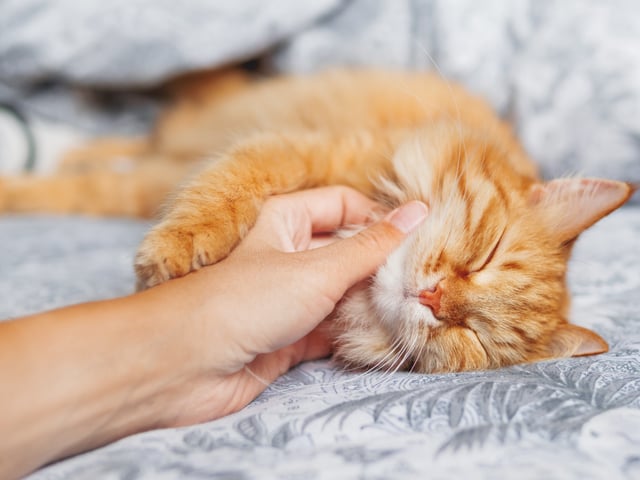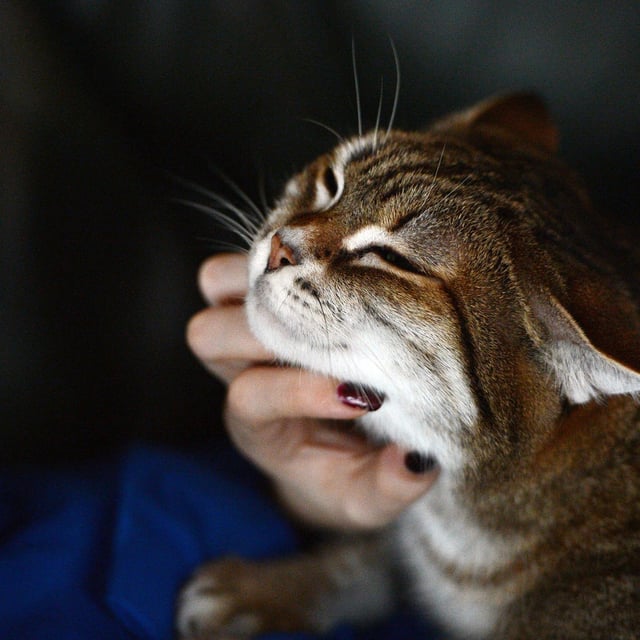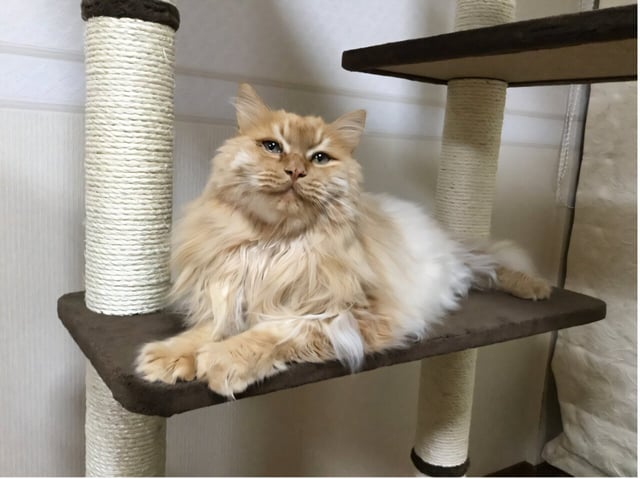Overview
- Researchers published their findings in PLOS One after analyzing androgen receptor gene variants and owner-reported behaviors in 280 mixed-breed cats in Japan
- Cats carrying the short-type androgen receptor allele exhibited higher purring intensity and increased vocalizations toward humans, especially among males
- Female cats with the short-type variant demonstrated elevated stranger-directed aggression, revealing sex-specific genetic effects on social behavior
- Comparisons with 11 wild Felidae species showed that domestic cats uniquely possess longer androgen receptor gene variants absent in their wild relatives
- The research team plans to extend their genetic and behavioral analyses to additional feline species to uncover evolutionary drivers of cat sociability



